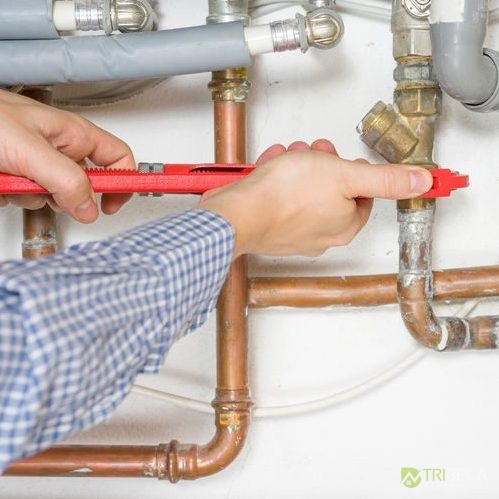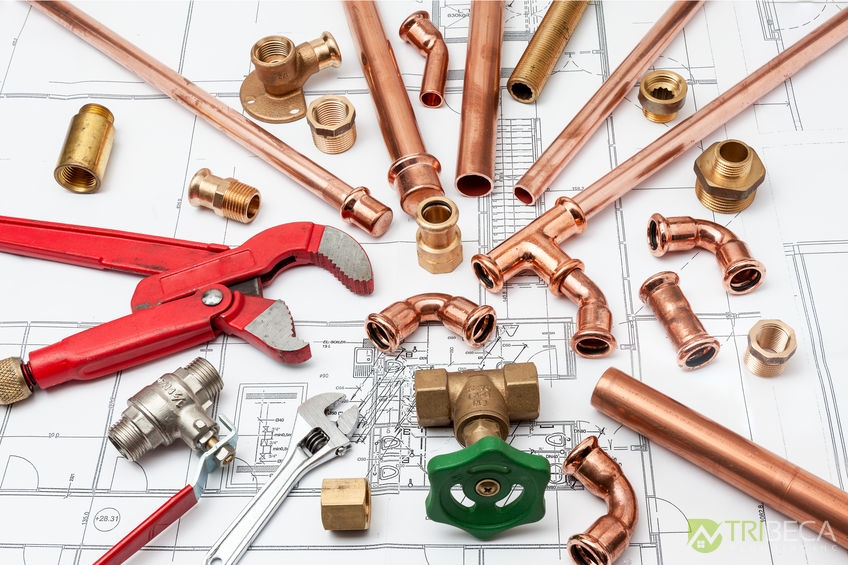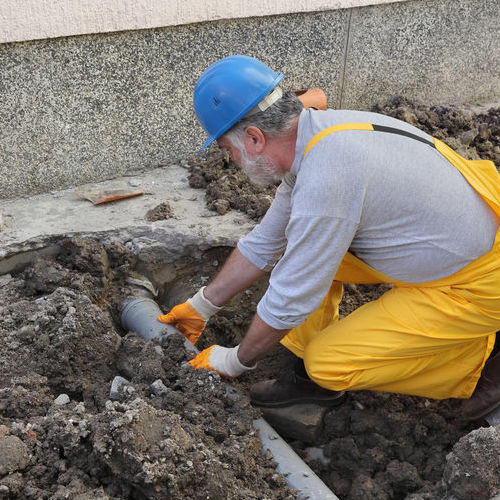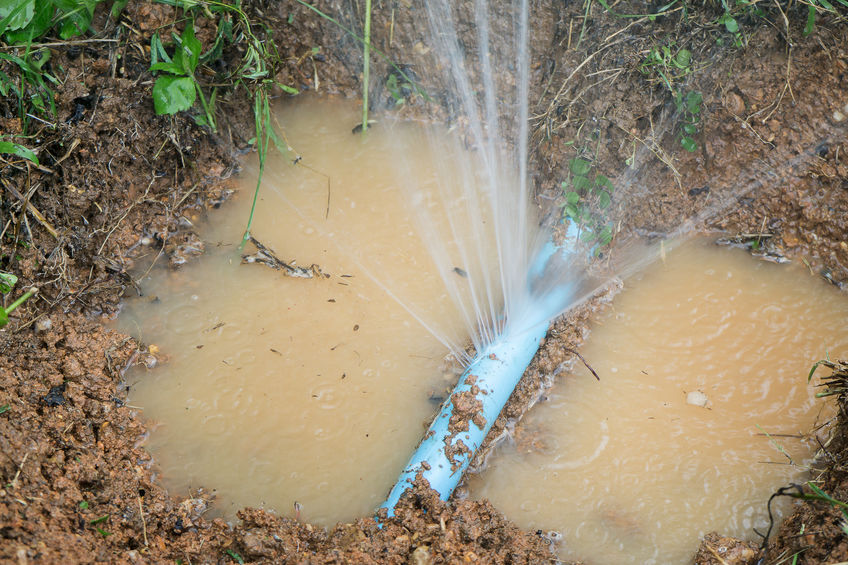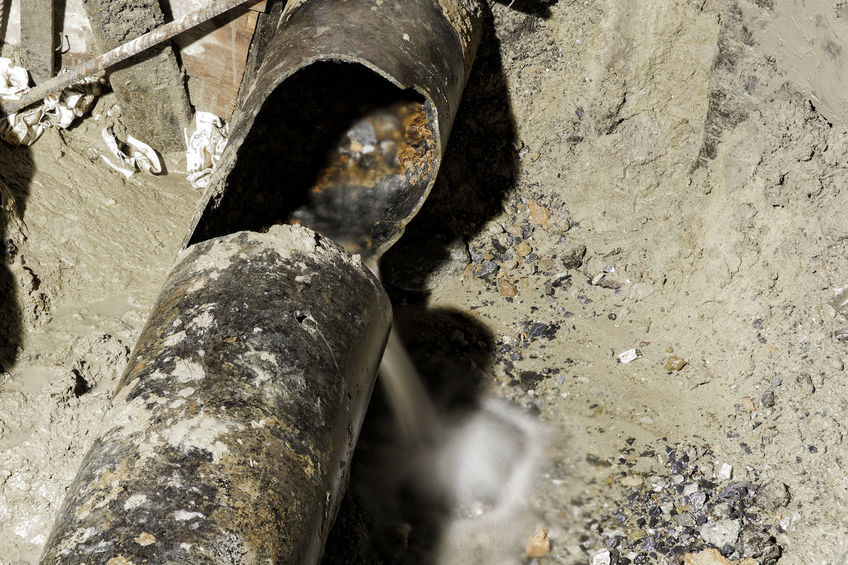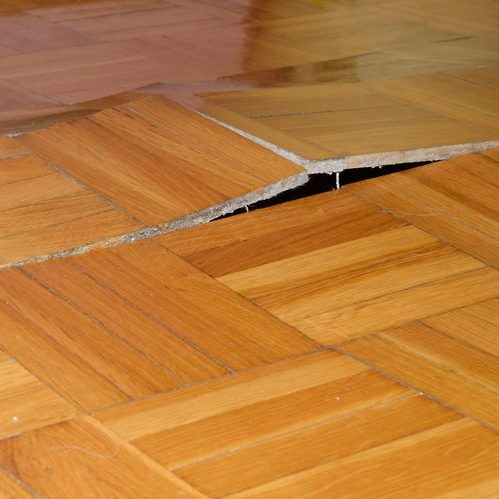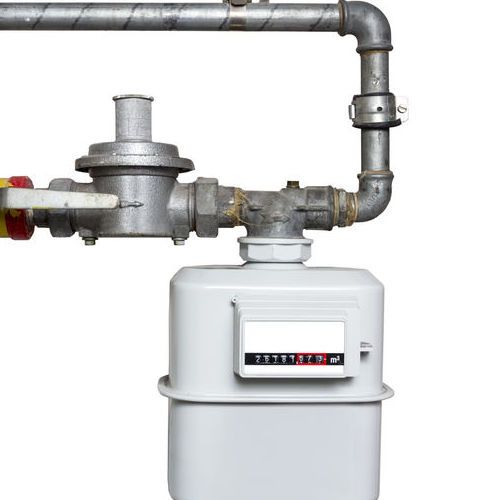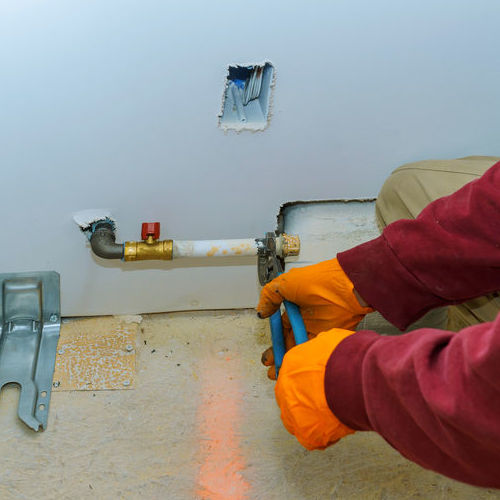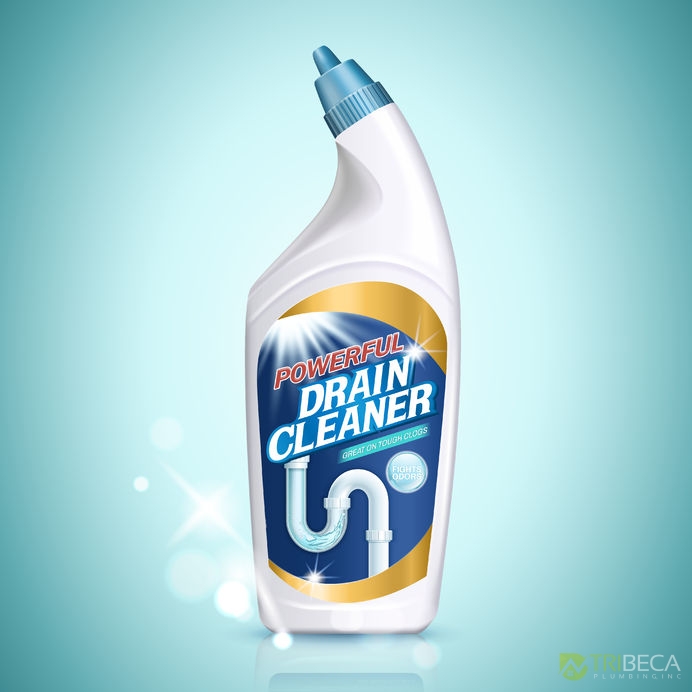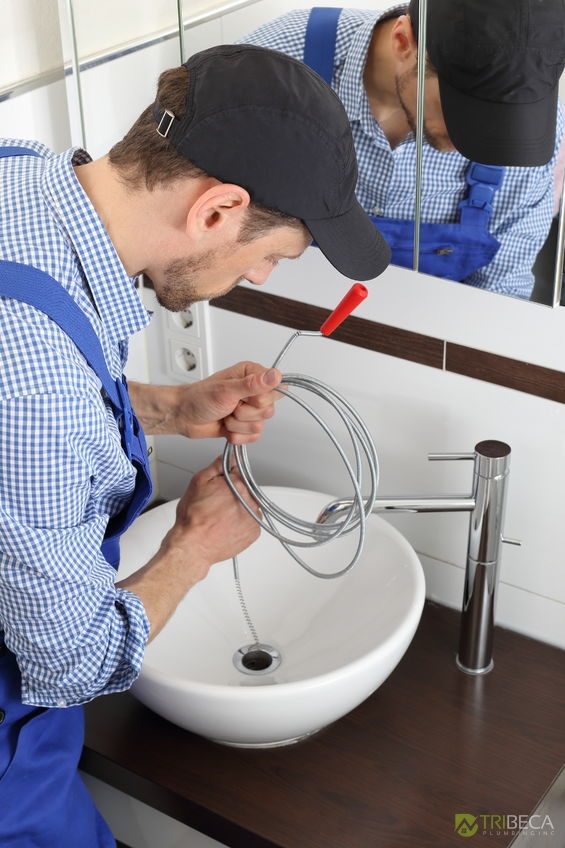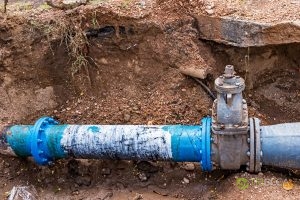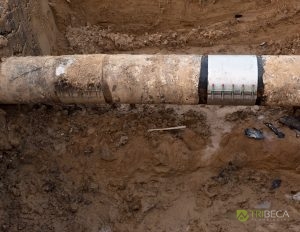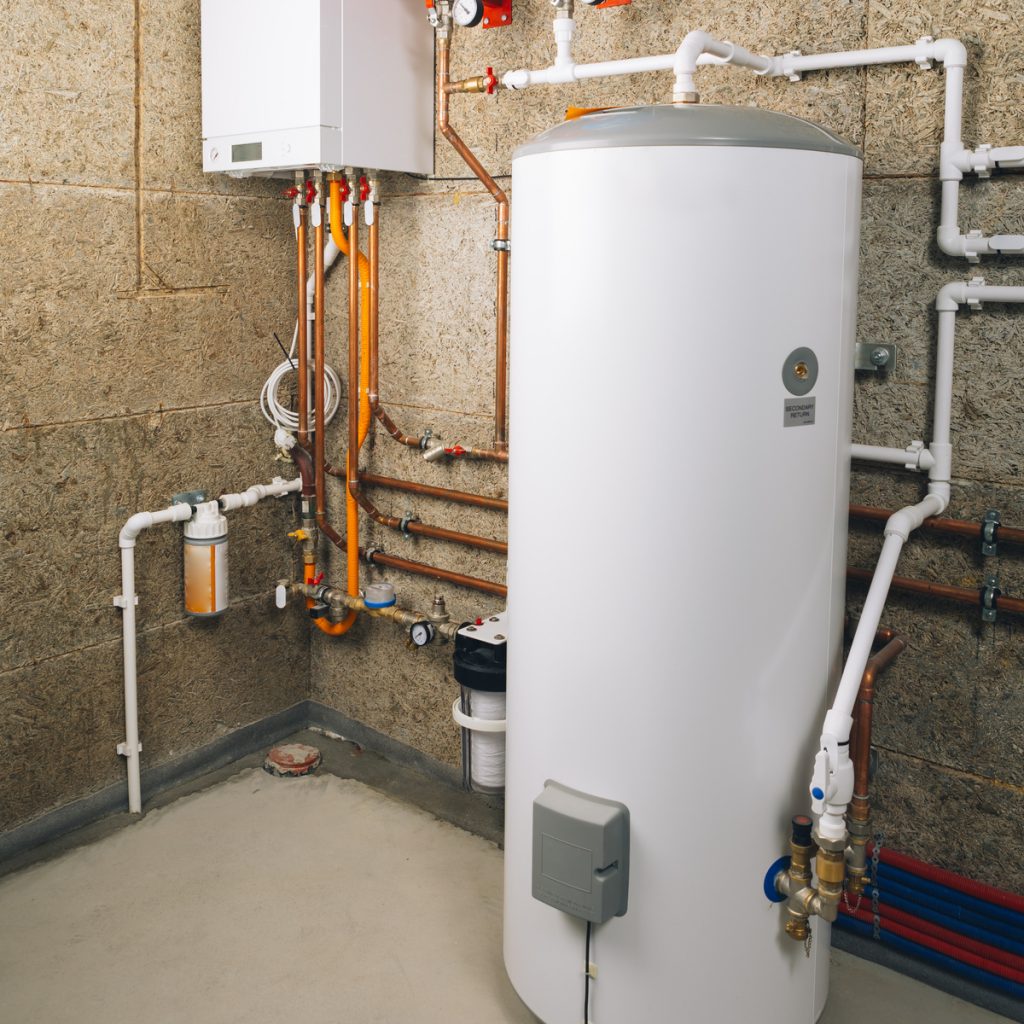
When your water heater starts to fail
Just like your air conditioning and heating system, your daily life depends on your water heater. As the HVAC system, the water heater and how it works can be confusing and overwhelming. With the HVAC system, you know to follow a routine of cleaning or replacing the filter, scheduling maintenance calls, and other details that keep it operating in full capacity.
What about the water heater though? How do you know when to service the water heater or how to tell if the water heater is leaking? There isn’t anything that can tell you when your water is about to quit, but there are some indicators that you should know, like setting your water heater with leak detection equipment.
How long does a water heater last?
The traditional tank-style water heater typically lasts eight to twelve years. Experts recommend beginning looking for a replacement by the tenth year. Look at the different models and styles, including a tankless water heater. Perhaps getting quotes from various plumbing contractors for installation cost of both types and their recommendations.
How do you know a water heater is going bad?
After 8 to 10 years of daily usage, the internal parts of a water heater become encased in mineral buildup or corrode. This affects the efficiency of the water heater, and while flushing it can extend the lifespan, know that this may indicate that your system has come close to the end-of-life. Those indications include any of the following:
- Water is muddy or rusty
- A clanging while heating water
- Water is slow to heat
- Hot water runs out fast
How do you know when your water heater needs replacing?
As we’ve discussed here, your water heater is an important and daily used appliance. Like other appliances, it will break down at some point, so before you find yourself in a cold shower, be aware of these clues that are telling you it is time to replace the unit.
Clue One: Age
A water heater is only going to work for certain eight years, 12 if you’re lucky. You can perform preventive maintenance that could double its lifespan, such as flushing the unit or installing a water filter.
Clue Two: Corrosion and Rust
Your water heater is most likely made of steel, which means it will begin to rust in time, which may or may not be noticed at the faucet. Check the pressure relief valve, the temperature valve, the inlet and outlet connections for rust will give you clue if the tank has rusted inside.
Clue Three: Drain Valve Doesn’t Drain
Sediment build up inside water heater tanks over time and settles at the bottom of the tank. That sediment build-up will clog the drain valve, and eventually causing the tank’s interior to deteriorate. Annual flushing of the water heater removes the sediment, but it doesn’t get all of it and eventually, it will build-up to the point where it can’t be drained and flushed anymore.
Clue Four: Leaking Hot Water Tank
If the tank is leaking, it is likely an internal problem and not repairable. Or the leak could come from drain lines for the furnace, a water filter or water softener, or other plumbing. The following steps will confirm if it is the water heater leaking:
- Dry the wet area and look for any obvious signs of water leaking.
- Water follows gravity, so look overhead for water from other pipes.
- If you don’t find anything, place paper towels in the area that was wet, checking it ever so often to see if they are wet.
- After 24 to 48 hours, if no wetness has re-appeared, then you most likely don’t have any concerns.
- If wetness does reappear, and you haven’t found any other source of a leak, then it is probably is the water heater and time to call a plumber.
Clue Five: Water Doesn’t Get Hot
If the water isn’t as hot as it once was, or not getting hot at all, then the water heater is clearly not working. If the unit is electric, then replacing the heating element or thermostat could fix it. An experienced plumber can test the unit and replace either of those parts for you.
Should you flush your hot water heater?
Experts recommend flushing water heaters every 6 months. If you live in an area with hard water, flushing every 3 months is recommended.
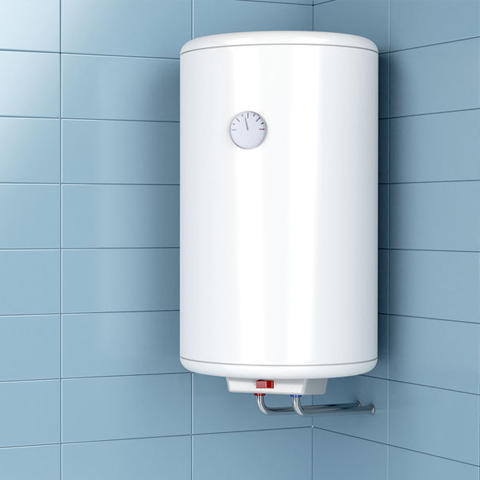
Is it dangerous to have a leaking water heater?
A leaking water heater isn’t necessarily a “deadly” danger to humans, but it will damage the flooring and walls, which will mildew and create mold. The mold is dangerous to humans and the foundation of your home. As we mentioned earlier in this piece, your water heater is important to your everyday convenience and comfort. Taking the time for homeowner maintenance will assure you a long-life span from your water heater. For water heater service or replacement in Dallas, TX, dial (214) 402-5454 for Tribeca Plumbing, Inc..

